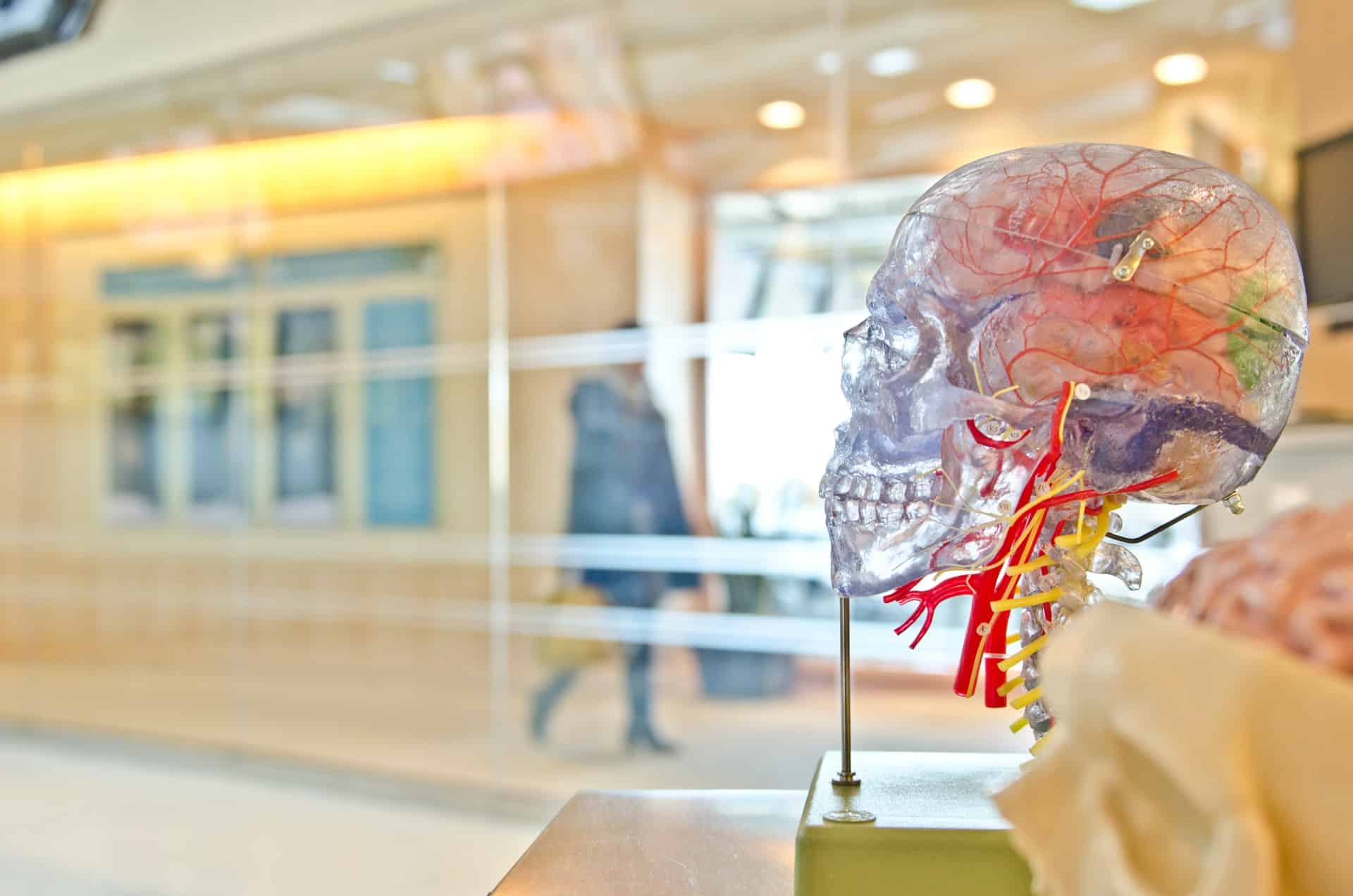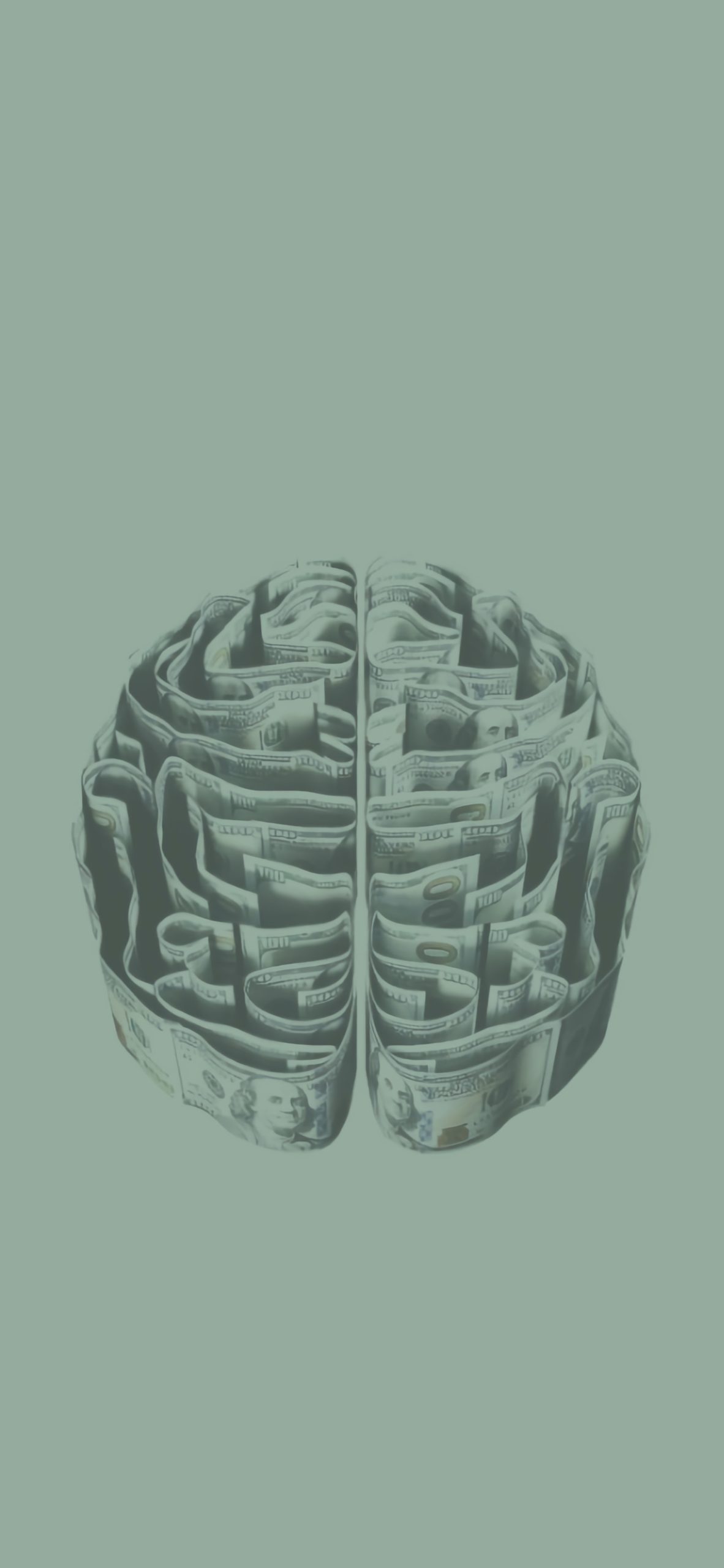The human brain has a remarkable ability to adapt and heal, and this is great news to many of the thousands of people who suffer traumatic brain injuries in the United States each year. In 2014 alone, there were also almost three million traumatic brain injury-related hospital visits across the country.
The high rate of brain injuries is mainly the result of falls and transportation accidents. Brain injuries can also be caused by gun violence or other violent acts, a lack of oxygen, or strokes. When this happens, it places a significant strain on the injured party and their loved ones.
Many people wonder how and when their loved one can be expected to recover. The injured party is missing work, the medical bills are coming in, and they may require around-the-clock care. On top of this, you may be dealing with a lawsuit if the accident wasn’t your fault. You can visit this page to learn more about legal liability.
In this article, we’ll take a look at how the brain heals itself, what is involved in recovery, and how you can increase your chances of recovering.
IMAGE: UNSPLASH
How The Brain Heals Itself
The ability of the brain to heal itself is often discussed in the context of neuroplasticity, which is the ability of the brain to change over time and regenerate neural connections. This ability has been studied by the National Institutes of Health (NIH). One of the key findings of the NIH’s studies is that the recovery of injured patients depends on many different factors. Some of these are:
- The extent of the injury
- Which part of the brain was damaged in the accident
- The rehabilitative services available to the injured individual
- The personality and attitude of the injured individual when it comes to following a rehab regimen
- Support from friends and family members
Now that we understand so much about the brain’s healing capabilities, it is hard to imagine that for decades scientists believed the brain was incapable of healing.
Making A Full Recovery
Whether or not you can make a full recovery will depend on how badly you were injured and how you approach the rehabilitation program that is designed by your doctor. Some people make complete recoveries from serious brain injuries, while the effects of even a mild concussion can last for a long time if not properly cared for.
One example of this is focal brain injuries which affect a specific part of the brain. In this example, we’ll use the audio-visual centers of the brain. The recovery process and timeline for a patient with this type of injury will be very different from the recovery process and timeline of someone who suffers from acute memory loss or a loss of motor functions.
Improving Your Chances Of Recovering
To improve your chances of recovering, you can spend some time learning about strategies and techniques to compensate for abilities that you may have lost as a result of the injury. This can include taking notes to make up for short-term memory loss or taking classes on how to approach the otherwise daunting task of rehab and therapy.
TBI lawyers over at Isaacs & Isaacs will tell you how every piece of evidence can play a vital role in building your case and securing the compensation you deserve. They can guide you on how to gather medical records, witness statements, and other important details that can strengthen your claim and ensure that all aspects of your recovery are considered.
Also, try to get back into the swing of things as early as possible (and only with your doctor’s permission). While rest is the usual recommendation for patients recovering from a wide range of injuries and ailments, when it comes to brain recovery, an interesting medical finding is that getting back to your usual daily routine can help expedite the recovery process.
People who have suffered a stroke tend to be immobilized for a considerable amount of time after the stroke. Their ability to relearn simple tasks such as writing or walking can take a very long time. Recent findings suggest that reintroducing stroke patients to these kinds of activities earlier in the recovery process can help speed up their recovery.
Every injury and every person is extremely unique. If you’re struggling after a traumatic brain injury, be sure to work with medical professionals and do your own research to reach the best possible outcome for recovery.
If you are interested in even more lifestyle-related articles and information from us here at Bit Rebels, then we have a lot to choose from.


COMMENTS